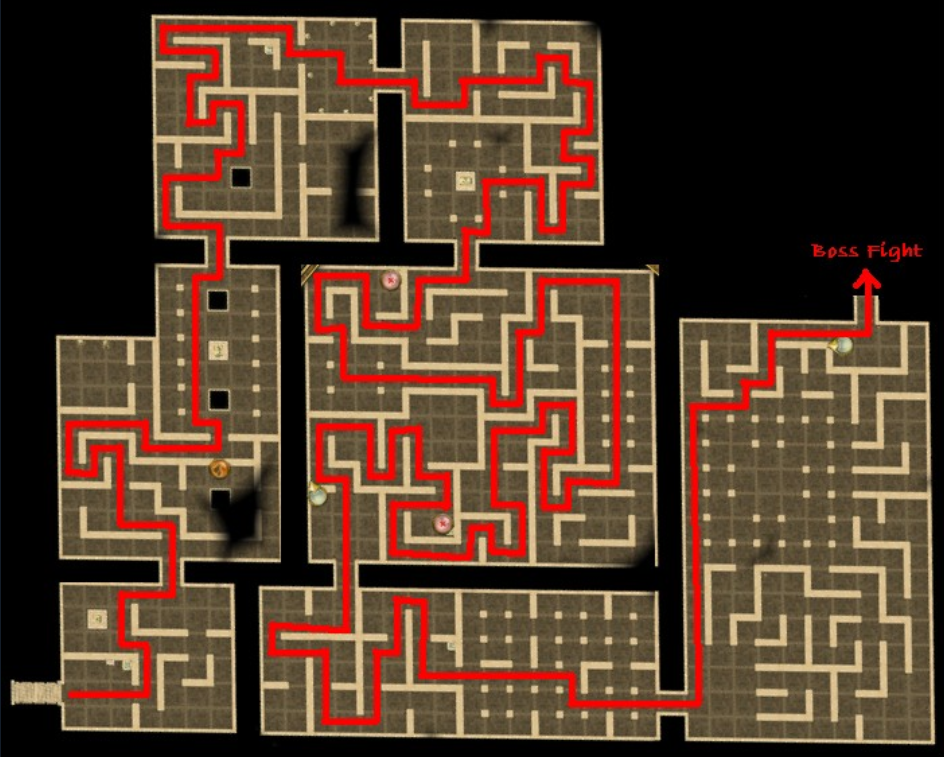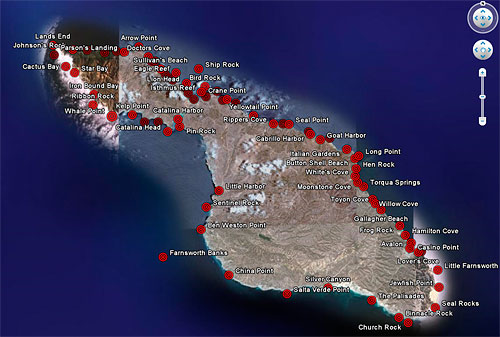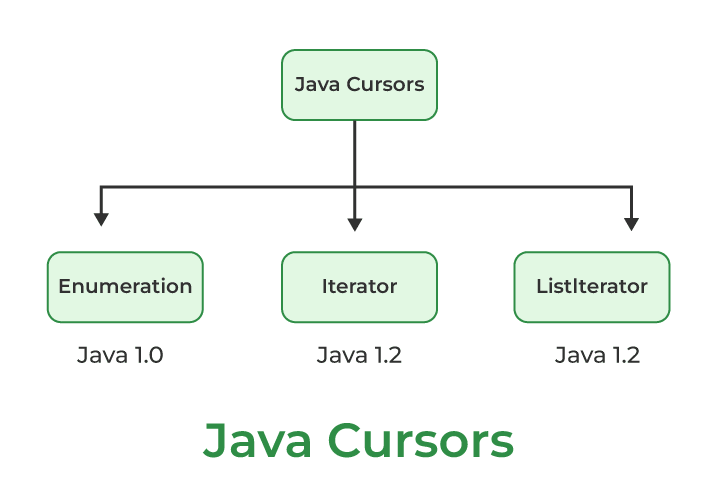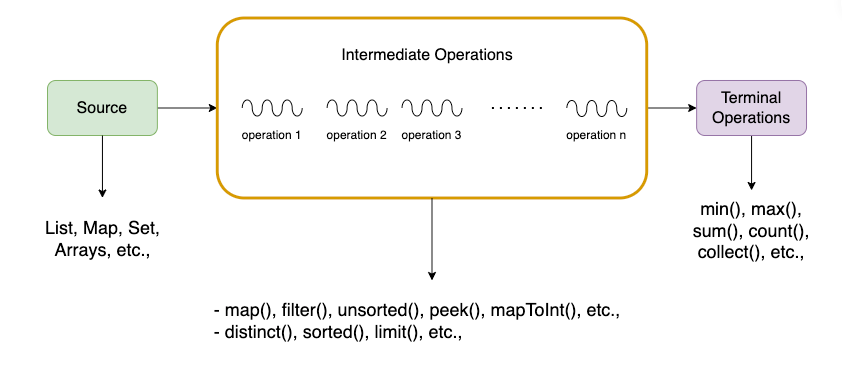Navigating the Labyrinth: A Deep Dive into Google Maps Contact and its Implications
Associated Articles: Navigating the Labyrinth: A Deep Dive into Google Maps Contact and its Implications
Introduction
With enthusiasm, let’s navigate by the intriguing subject associated to Navigating the Labyrinth: A Deep Dive into Google Maps Contact and its Implications. Let’s weave fascinating data and provide contemporary views to the readers.
Desk of Content material
Navigating the Labyrinth: A Deep Dive into Google Maps Contact and its Implications
Google Maps has transcended its preliminary position as a easy navigation instrument. It is grow to be an indispensable a part of our day by day lives, guiding us by bustling cities, distant landscapes, and even the intricacies of our personal neighborhoods. However past the acquainted interface of road views and route planning lies a fancy community of information, interactions, and speak to factors, each seen and hidden, that form our expertise and lift essential questions on privateness, accuracy, and the way forward for location-based companies. This text explores the multifaceted nature of "contact" throughout the Google Maps ecosystem, inspecting its numerous kinds, its implications, and the continuing challenges it presents.
1. The Person-Interface Contact Factors: A Acquainted Panorama
The obvious type of "contact" with Google Maps happens by the person interface itself. This encompasses a spread of interactions, from easy searches and route planning to extra complicated actions like leaving evaluations, reporting inaccuracies, and fascinating with enterprise profiles.
-
Search and Navigation: The basic interplay entails inputting a vacation spot and receiving instructions. This seemingly simple motion represents an important knowledge level for Google, informing algorithms about site visitors patterns, widespread locations, and person preferences. The extra customers make the most of the navigation characteristic, the extra refined and correct the system turns into.
-
Enterprise Interactions: Google Maps has grow to be an important instrument for companies. Via their Google My Enterprise profiles, companies can handle their on-line presence, have interaction with buyer evaluations, and even reply on to person queries. This direct interplay permits for speedy suggestions and customer support, reworking Google Maps right into a dynamic platform for business-consumer engagement. The contact right here is facilitated by Google, however the communication is instantly between the enterprise and the person.
-
Reporting Points: Customers can actively contribute to the accuracy of Google Maps by reporting inaccuracies, akin to street closures, incorrect enterprise data, or lacking factors of curiosity. This suggestions loop is essential for sustaining the integrity of the map knowledge and highlights a type of "contact" the place customers instantly contribute to the advance of the service.
-
Critiques and Scores: The assessment system is a robust instrument for each companies and customers. Customers can share their experiences, offering helpful insights for others whereas additionally influencing the visibility and rating of companies. This type of contact is oblique however considerably impacts the repute and success of companies listed on Google Maps.
2. Knowledge-Pushed Contact: The Invisible Hand
Past the seen interface, Google Maps engages in a extra refined type of "contact" by the gathering and evaluation of person knowledge. This data-driven contact is arguably essentially the most impactful side of the platform, shaping not solely the person expertise but in addition broader societal tendencies.
-
Location Monitoring: Essentially the most controversial side is location monitoring. Whereas customers can regulate their privateness settings, the flexibility of Google Maps to trace person actions offers helpful knowledge for site visitors prediction, personalised suggestions, and focused promoting. This raises essential moral and privateness issues, as the gathering of such granular knowledge has the potential for misuse or unintended penalties.
-
Search Historical past and Preferences: Google Maps tracks search historical past and person preferences, leveraging this knowledge to personalize the person expertise. This consists of suggesting related locations based mostly on previous searches, offering custom-made site visitors updates, and even anticipating potential journey wants. This personalised expertise, whereas handy, underscores the extent to which Google Maps is studying about particular person customers and their habits.
-
Knowledge Aggregation and Evaluation: The sheer quantity of information collected by Google Maps permits for classy evaluation of inhabitants actions, site visitors patterns, and concrete improvement. This aggregated knowledge has implications far past particular person customers, informing city planning, transportation infrastructure improvement, and even emergency response methods. This represents a type of oblique contact, the place the collective knowledge influences broader societal outcomes.
3. Contact Past the Person: The Ecosystem of Integration
Google Maps will not be an remoted entity; it is deeply built-in right into a broader ecosystem of Google companies and third-party purposes. This integration creates additional layers of contact, each specific and implicit.
-
Integration with different Google Companies: Seamless integration with Google Search, Google Assistant, and different Google companies offers a cohesive person expertise. This interconnectedness facilitates a smoother circulate of data and enhances the performance of Google Maps, but it surely additionally strengthens Google’s general knowledge assortment capabilities.
-
Third-Celebration Integrations: Many purposes and companies combine with Google Maps, using its mapping capabilities to reinforce their very own performance. This integration expands the attain and affect of Google Maps, whereas additionally creating new pathways for knowledge alternate and person interplay. This could result in surprising penalties concerning knowledge privateness and safety.
-
API Entry and Developer Instruments: Google offers APIs and developer instruments that enable third-party builders to combine Google Maps into their very own purposes. This creates an enormous and dynamic ecosystem of purposes that depend on Google Maps for location-based companies. This additional expands the attain and affect of Google Maps, but in addition raises issues in regards to the management and duty Google has over this huge community.
4. Challenges and Moral Issues
The intensive contact factors throughout the Google Maps ecosystem current a number of challenges and moral issues:
-
Privateness Considerations: The intensive knowledge assortment practices elevate important privateness issues. The potential for misuse of location knowledge, search historical past, and different private data is a serious concern, necessitating strong privateness protections and clear knowledge dealing with insurance policies.
-
Accuracy and Bias: The accuracy of Google Maps depends closely on person contributions and algorithmic processing. Biases in knowledge assortment or algorithmic design can result in inaccuracies and perpetuate present inequalities. Addressing these biases is essential for making certain equity and equitable entry to data.
-
Knowledge Safety: The safety of person knowledge is paramount. Defending in opposition to knowledge breaches and unauthorized entry is essential to sustaining person belief and stopping potential hurt.
-
Transparency and Management: Customers want better transparency concerning how their knowledge is collected, used, and guarded. Offering customers with extra management over their knowledge and permitting them to simply handle their privateness settings is crucial.
5. The Way forward for Contact: Evolving Panorama
The way forward for Google Maps contact will possible be formed by a number of rising tendencies:
-
Elevated personalization: Count on additional personalization of the person expertise, leveraging AI and machine studying to anticipate person wants and supply more and more custom-made suggestions.
-
Augmented Actuality Integration: The mixing of augmented actuality (AR) applied sciences will possible rework the best way we work together with Google Maps, offering extra immersive and interactive navigation experiences.
-
Enhanced knowledge safety and privateness: Higher emphasis can be positioned on knowledge safety and person privateness, with extra strong measures applied to guard person data.
-
Give attention to sustainability: Google Maps will possible play an more and more essential position in selling sustainable transportation and concrete planning, leveraging knowledge to optimize routes and scale back carbon emissions.
In conclusion, the idea of "contact" throughout the Google Maps ecosystem is much extra complicated than a easy interface interplay. It encompasses an enormous community of information flows, algorithmic processes, and person engagements that form our day by day lives in profound methods. Addressing the moral and sensible challenges related to this intricate system is essential for making certain that Google Maps stays a useful and reliable instrument for customers worldwide. The continued dialogue about knowledge privateness, algorithmic bias, and accountable innovation can be central to figuring out the long run trajectory of this highly effective and ubiquitous platform.







Closure
Thus, we hope this text has supplied helpful insights into Navigating the Labyrinth: A Deep Dive into Google Maps Contact and its Implications. We thanks for taking the time to learn this text. See you in our subsequent article!
